5 ways to trick yourself to sleep
3 years ago
Life3 years ago
Life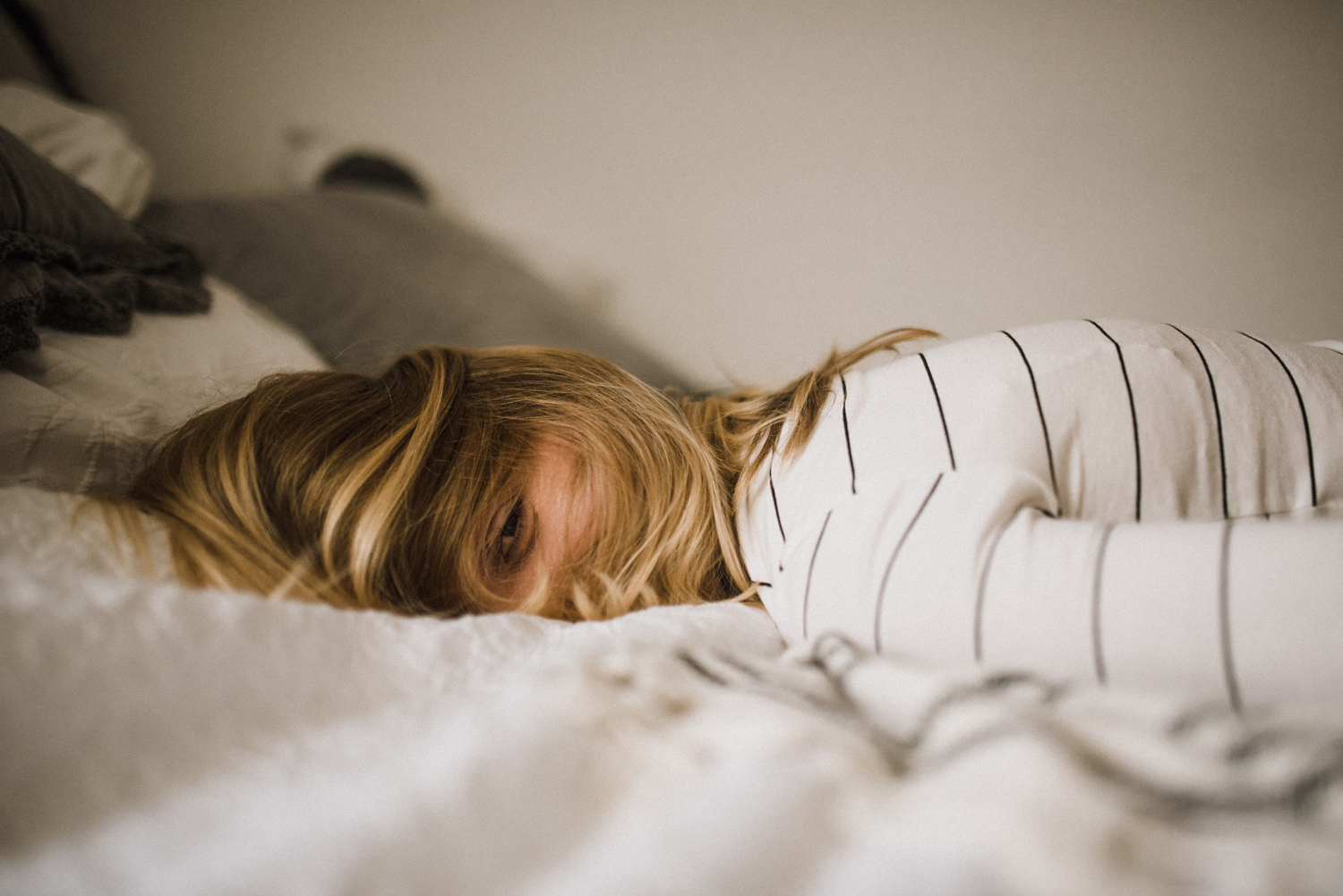
Busy brain? Trouble nodding off? Then you might need an extra hand from Kim Jones and her excellent book, ‘222 ways to trick yourself to sleep ’. To get you in the sleepy mood, here’s a little extract…
Surprisingly, it’s not the warmth and cosiness of the hot water that makes you sleep – it’s all to do with the drop in your body temperature after you get out of the bath.
Every night, your body’s core temperature needs to fall to induce your brain to pump out the hormone melatonin, triggering sleepiness. When you’re soaking in warm water, blood comes to the surface of your skin – and when you get out of the bath, those dilated blood vessels rapidly radiate heat from your body’s core, helping your temperature to drop quickly and sending that message to your brain to produce melatonin. A Loughborough University study found that people who took warm baths at 9pm nodded off more quickly and enjoyed more slow-wave deep sleep than those who took baths earlier in the day.
If the urge to pop to the loo in the night often wakes you and plays havoc with your sleep, then – as well as avoiding fluids from about two hours before bed – try this trick. When getting ready for bed, go to the toilet, but after you’ve finished stay there for 30 seconds, then try to go again. Or go to the toilet, say, just before cleaning your teeth, then try again after you’re undressed, washed and about to get into bed (about 10 minutes later).
The technique – called double-voiding – is used to treat overactive bladder, to make sure it’s completely empty. And it could mean you get less rude night-time awakenings!
‘I fall asleep so easily… there’s nothing to it!’ Using positive statements – affirmations – like this could help you change any self-sabotaging thoughts you have about sleep, and influence our minds to approach sleep positively, and see it as something natural and attainable.
By regularly repeating positive affirmations about sleep, we can create new pathways in the brain, reprogramming our minds to think differently about it. It’s called neuroplasticity: the ability of the mind to change and adapt.
Repeat your affirmations every night and several times throughout the day to keep convincing your mind what a superb sleeper you are. Here are some to try:
‘I can easily fall asleep gently and peacefully.’
‘I like going into my bedroom. It’s such a lovely place of calm and relaxation.’
‘I drift off to sleep easily and stay peaceful all through the night.’
Sounds bonkers, but it might just work. Researchers from the University of Glasgow asked one group of insomniacs to attempt to fall asleep as they normally would, and another group to lie in bed, keep their eyes open and try to stay awake for as long as possible. Result? The second group fell asleep faster – and reported less anxiety about drifting off.
The researchers suggested it’s because sleep is an automatic process, so trying to fall asleep can actually inhibit the process. Plus, going to bed without the pressure of having to fall asleep also seems to help.
If you wake in the night, try to stay fairly motionless.
Your body interprets movements like tossing and turning as a sign that it’s time to wake up, and this can trigger adrenaline production. So take slow breaths and focus on the softness of the sheet or duvet on your skin, the coolness of the air on your cheek, or working from your feet upwards, focus on each body part and gently tell your mind that each one is sleepy: ‘My left foot is tired, my right foot is tired’ and so on. If any part feels restless, acknowledge and accept these feelings, and gently focus on the touch of your sheets on the restless part of your body before moving on with the rest of your ‘body scan’.
‘222 ways to trick yourself to sleep’ by Kim Jones is published by Piatkus
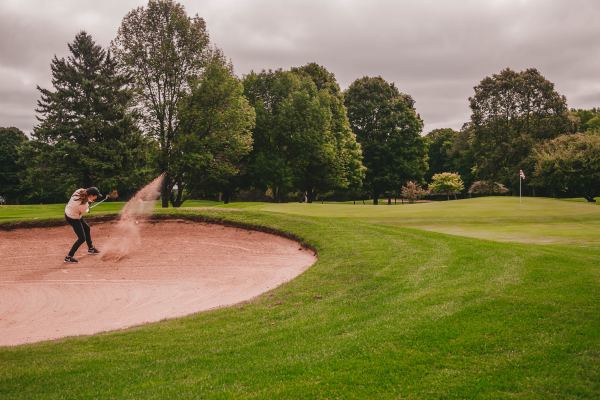 Cycle syncing
Cycle syncing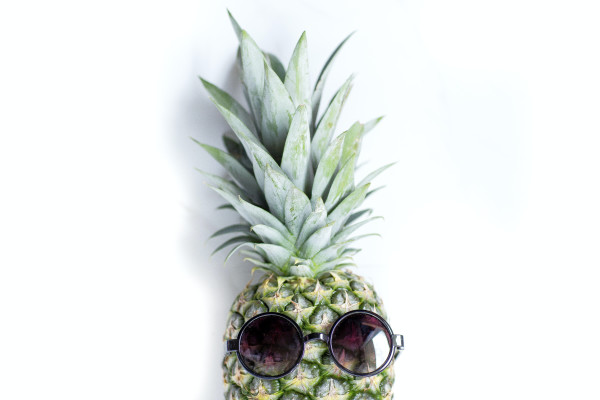 Perimenopause
Perimenopause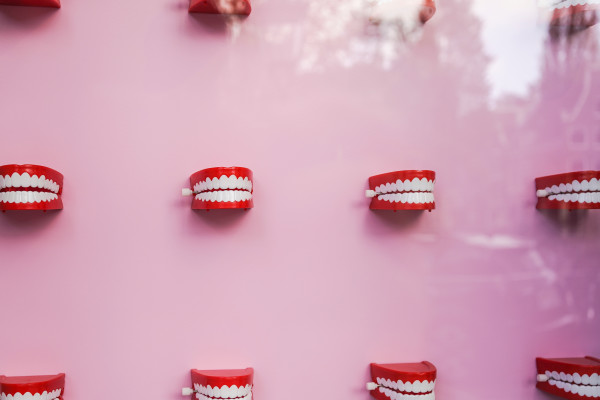 Perimenopause
Perimenopause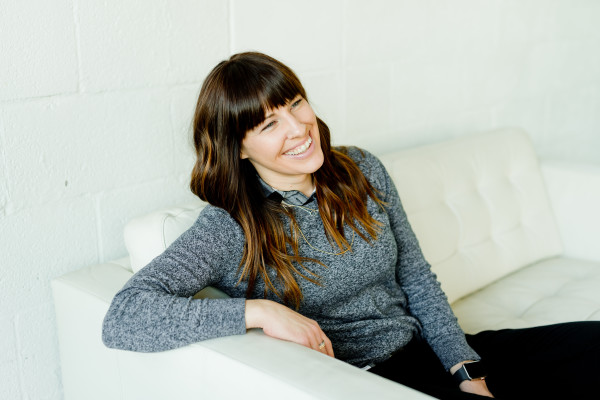 Perimenopause
PerimenopauseSign up to learn everything you need to know about CycleMapping, plus how you can live better and feel better through optimising your fitness to you.
This website uses cookies to ensure you get the best experience on our website. Learn more

Sign up for the very latest news on women's fitness, health and hormones, plus be the first to receive exclusive offers and extras